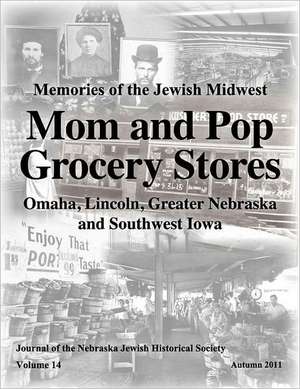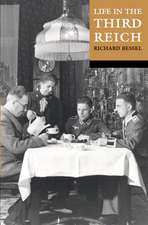Mom and Pop Grocery Stores
Autor Nebraska Jewish Historical Societyen Limba Engleză Paperback – 31 iul 2011
Preț: 278.46 lei
Nou
Puncte Express: 418
Preț estimativ în valută:
53.30€ • 57.92$ • 44.80£
53.30€ • 57.92$ • 44.80£
Carte tipărită la comandă
Livrare economică 21 aprilie-05 mai
Preluare comenzi: 021 569.72.76
Specificații
ISBN-13: 9781450790901
ISBN-10: 1450790909
Pagini: 200
Dimensiuni: 216 x 280 x 11 mm
Greutate: 0.48 kg
Editura: Proforma Identity Marketing Group
ISBN-10: 1450790909
Pagini: 200
Dimensiuni: 216 x 280 x 11 mm
Greutate: 0.48 kg
Editura: Proforma Identity Marketing Group

















